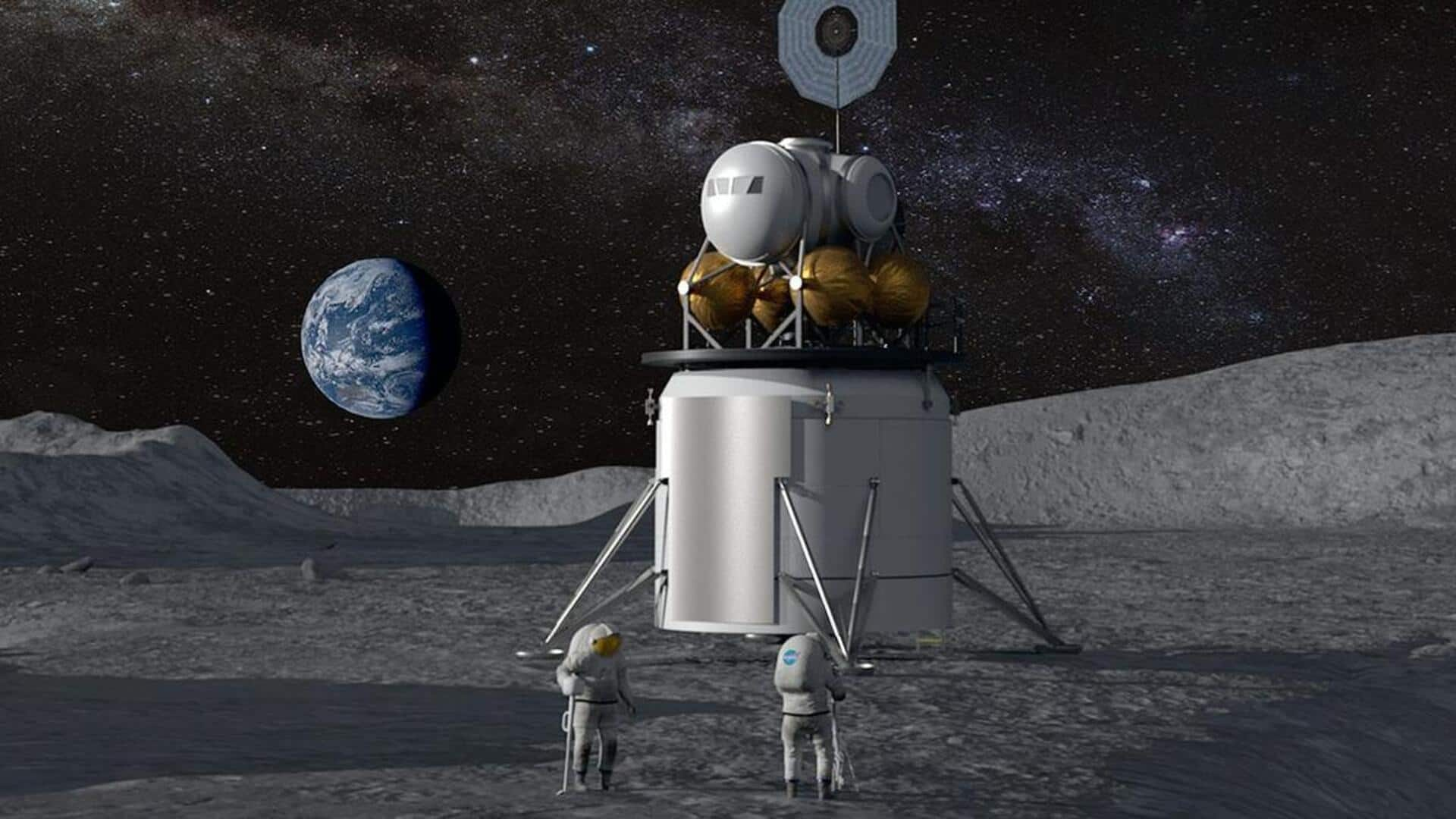
NASA invites public to design navigation tech for Artemis missions
What's the story
NASA's public competition, the Lunar Navigation Challenge, aims to develop innovative navigation solutions for its upcoming Moon mission. The challenge, which began on September 4, seeks low-tech backup navigational devices and creative methods for exploring and mapping the lunar south pole's Shackleton Crater. This initiative is part of NASA's broader Artemis program, which aims to return humans to the Moon after more than half a century since the last Apollo missions.
Difficulties
Unique challenges of lunar navigation
The Artemis missions will face unique challenges, particularly in navigating the lunar south pole due to extreme light and shadow conditions caused by low Sun elevation. "These conditions make it harder for the astronauts to orient themselves by only line of sight when performing Extravehicular Activities (EVAs)," states the contest entry page on freelancer.com. Both individuals and teams are encouraged to participate in this challenge, which aims to address these difficulties.
Specifications
Design requirements for solutions
The designs submitted for the Lunar Navigation Challenge must consider the harsh lunar environment and prioritize accuracy, ease of use with pressurized astronaut gloves, and autonomy. The solutions should not depend on power, electronics or internal software. Exploring and mapping Shackleton Crater, one of the Moon's largest permanently shadowed regions with difficult topography and low temperatures, presents additional challenges due to a lack of magnetic field and extremely low atmospheric pressure.
Rewards
Prize pool and submission deadline
The Lunar Navigation Challenge is divided into two sections, each with its own prize. The first challenge, developing a low-tech orienteering device, carries a prize of $15,000. The second task involves creating a method to survey and map the bottom of Shackleton Crater, for which there's a $30,000 award. An additional $5,000 will be distributed among solutions from both challenges that show exceptional achievement. Submissions must be received by November 25 and winners will be announced on January 15, 2025.